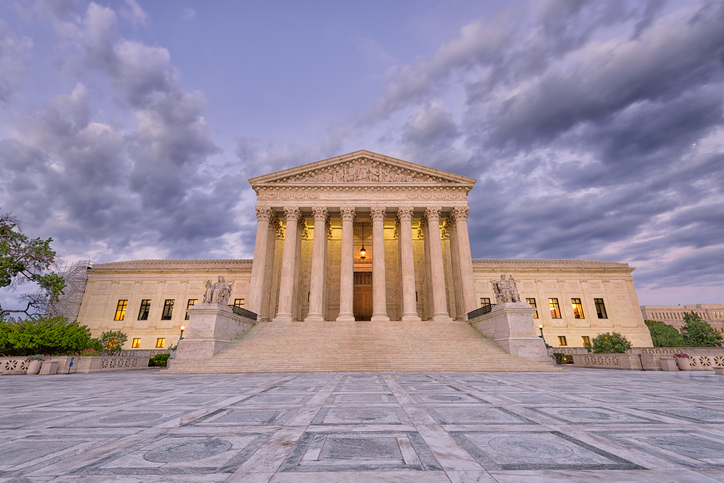What are cookie consents and do you really need them on your website?
Most of us are accustomed to receiving pop-up notices regarding cookies when we first visit a website. Some people quickly click the “accept” button and move on. Others review their choices, and opt out of some, if not all, optional cookies. Why suddenly, have we been offered such choices online, even in the U.S.? Those…
Read MoreFTC Adds COPPA Violations to the Growing List of Privacy Concerns While TikTok is on the Clock
For years now, TikTok has seemed to be the center of attention. From viral baking content to true crime to dancing videos to family-influencer content, everyone seems to be on it or talking about it. And the FTC has said that’s part of the problem. On August 2, the Department of Justice (“DOJ”) brought a suit…
Read MoreChevron Overruling Sparks Regulatory Uncertainty Across Industries
A landmark decision by the Supreme Court overruled 40-year precedent that provided the bedrock for modern federal agency rulemaking and administration. In Loper Bright Enterprises v. Raimondo (2024), alongside its companion case Relentless, Inc. v. Department of Commerce, the Supreme Court overruled Chevron U.S.A. Inc. v. Natural Resources Defense Council, Inc. (1984), holding that deference…
Read MoreReady, Set, Go: More States Adopt Privacy Laws
Note the below chart was updated on July 8, 2024 to reflect recent developments. The number of U.S. states that have adopted privacy laws grows regularly. Fortunately, there seems to be quite a bit of crossover, at least when it comes to thresholds that companies must meet in order to trigger compliance requirements. We provide…
Read MoreThe Supreme Court Strips Nonconsensual Release Power from Bankruptcy Courts
In a divided 5-4 decision, the Supreme Court held yesterday that “the bankruptcy code does not authorize a release and injunction that, as part of a plan of reorganization under Chapter 11, effectively seek to discharge claims against a non-debtor without the consent of affected claimants.” Harrington v. Purdue Pharma, L.P., __ U.S. __ (2024).…
Read MoreWill AI lead Google Paid Advertisers to Ask for a Refund?
In May 2024, Google unveiled a suite of new AI products as part of its strategy to reassert its position as a dominant powerhouse in all things technology. This approach includes revamping its Google Search functionality, the product after which it has a verb named, by incorporating its proprietary AI, named Gemini, into Search. Was…
Read MoreDigital Assets as Commodities: Proposed Bill that Would Favor the CFTC as the Primary Regulator of Digital Assets Passed the House
Despite being a frequent topic of discussion for government agencies and lawmakers, digital assets and their markets are still largely unregulated in the United States. This is due in part to the debate over which agency should be in control of creating an overarching regulatory framework for digital assets. Instead of proposing new regulatory schemes…
Read MoreTicketmaster’s Cruel Summer – the potential implications of a DOJ lawsuit against the ticketing platform and why concert fans may not be out of the woods yet.
It looks like it could be a “cruel summer” for the country’s largest concert promoter, Live Nation Entertainment and its subsidiary ticketing platform, Ticketmaster. In early April, the Wall Street Journal reported that the Department of Justice was preparing to file a lawsuit against the promoter, alleging that the company used its monopoly over the…
Read MoreThe FTC Kills Noncompetes
In a groundbreaking move that will reshape the workplace and many litigation practices nationwide, the FTC has issued a final rule that effectively bans all employee non-compete clauses. Approximately 30 million Americans currently work under a non-compete clause. All but a few applicable to senior executives will be void upon the effective date of the…
Read MoreAd-Tech Europe: The Moving Target Marking Targeted Advertising
The European Data Protection Board (“EDPB”) recently published an opinion on the legality of pay-or-consent models for online platforms offering services in Europe. While the opinion is non-binding and limited to “large online platforms[1],” companies that offer platforms large and small in Europe should pay attention to the EDPB’s analysis—it will inform their future guidance…
Read More











